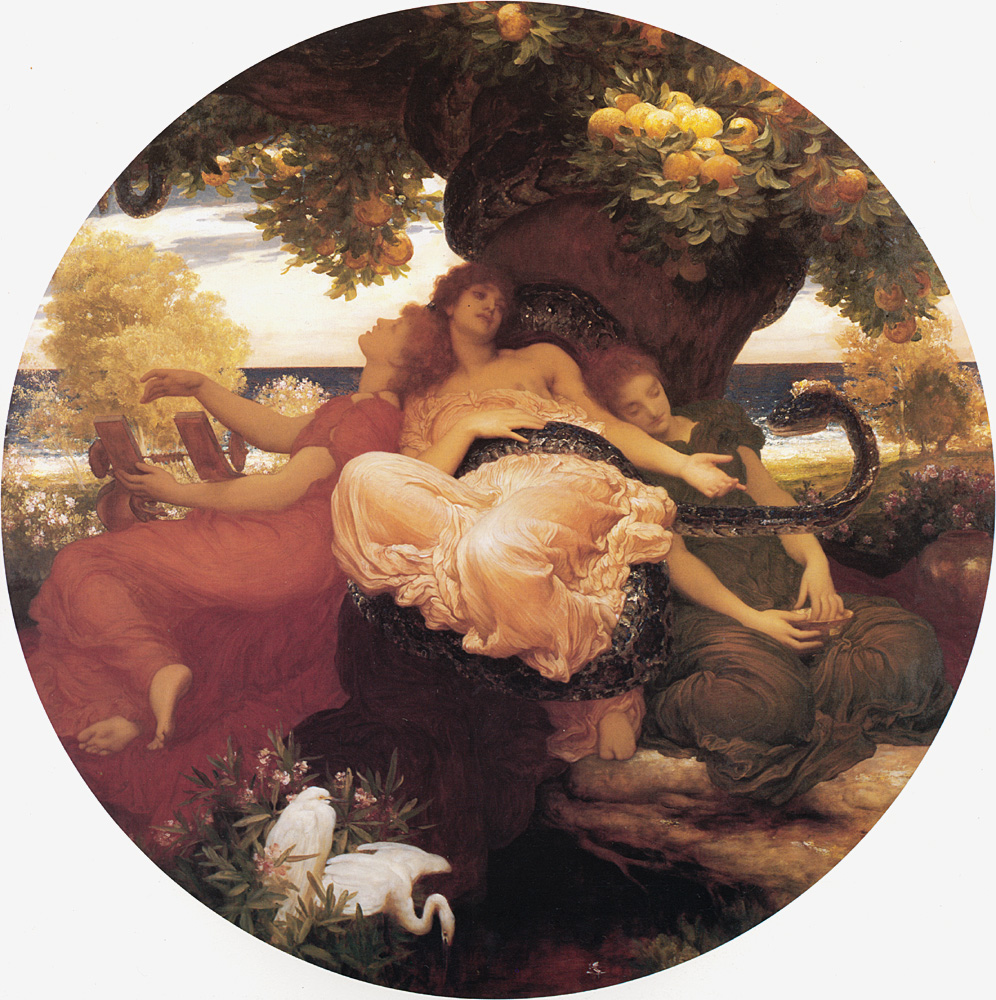ISLANDS
- side two -
- chapter index -
pg. 1 - Ladies of the Road | pg. 2 - A Flower Lady's Daughter | pg. 3 - Taming the Ox
pg. 4 - Prelude : Song of the Gulls | pg. 5 - Returning Home | pg. 6 - Islands
pg. 7 - Earth, Stream and Tree | pg. 8 - Beneath the Wind Turned Wave | pg. 9 - Dark Harbor Quays
pg. 10 - The Ego and the Self | pg. 11 - Magnum Opus
page index
Like Marron Glaced Fishbone | Like Apples You Stole In Your Youth
site index
Translate from























 Arachnophilia
Arachnophilia